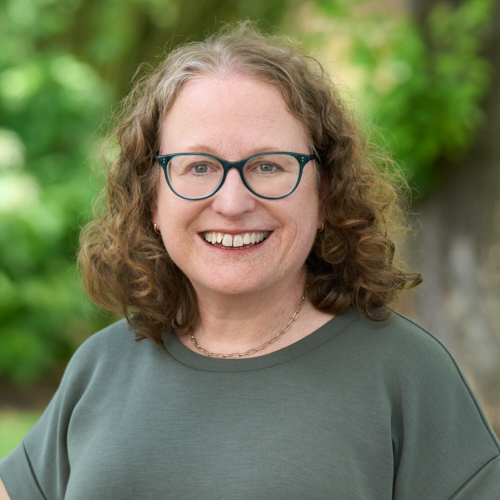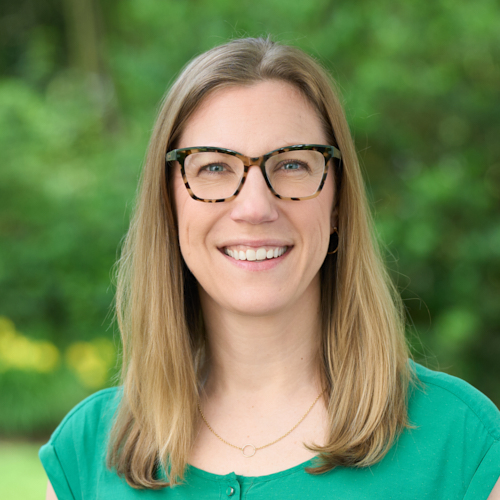Presentation with Population Education
Supporting Students and Educators for a Sustainable Future
From enhancing teachers’ content knowledge and skills to inspiring future leaders, PopEd provides a range of resources and events to help classes address global challenges through a sustainability lens. Our hands-on workshops across North America bring these critical topics to life in classrooms, while our Leadership Institutes offer immersive training for educators to deepen their expertise and represent us in their communities.
Teachers can connect and collaborate through networking events, and our student video contest encourages creative engagement with global issues. For those seeking professional development, our accredited graduate course offers in-depth knowledge of population trends and global sustainability. This event wrapped up with a demonstration of a fun PopEd game of strategy on sustainably managing resources. Attendees left with fresh insights and resources, creating a ripple effect of informed and empowered learners.
Presentation Date: October 23rd, 2024
Teacher Workshops
Trainers Network
World of 8 Billion Student Video Contest
Interested in being a judge? View the judging rubric and contact Sally W. for more details at swatanabe@populationeducation.org
World Population “Dot” Video
PopEd Classroom Resources and Lesson Plans
Leadership Institutes
Accredited Graduate Course
PopEd Blog
PopEd Online Webinars
Q+A
Questions from the audience, with responses from Pam Wasserman, Senior VP for Education
Any chance of doing more in countries in Africa?
We have had our materials used by Peace Corps volunteers in African countries, but they require quite a bit of adaptation to make them relevant to different communities and cultures. It’s best when local educators adapt the lessons, since they know their audience. We do receive quite a few entries to our student video contest from students in Africa and we will continue to publicize it there and throughout the world.
What do you think of a PopEd module on the carbon emissions of driving? Driving is the most polluting daily activity of nearly all Americans, the intensity of which activity is the most under the control of all of us in our manner of driving.
We have quite a few lessons on carbon emissions. Carol mentioned one in our elementary curriculum, titled “Counting Carbon” that makes the connection to transportation. Another is in our 330 Million in the USA curriculum, titled “Let’s Go!” Students use interactive mapping to strategize urban transit and determine the most convenient ways for people to get around a city, and then use emissions data to extrapolate the impact of thousands of individual travel choices. There’s also an activity in our high school curriculum Earth Matters, titled “Getting Around”. In that one, students create and conduct a survey to identify a local transportation issue and develop a strategy to make their community less dependent on fossil fuels.


